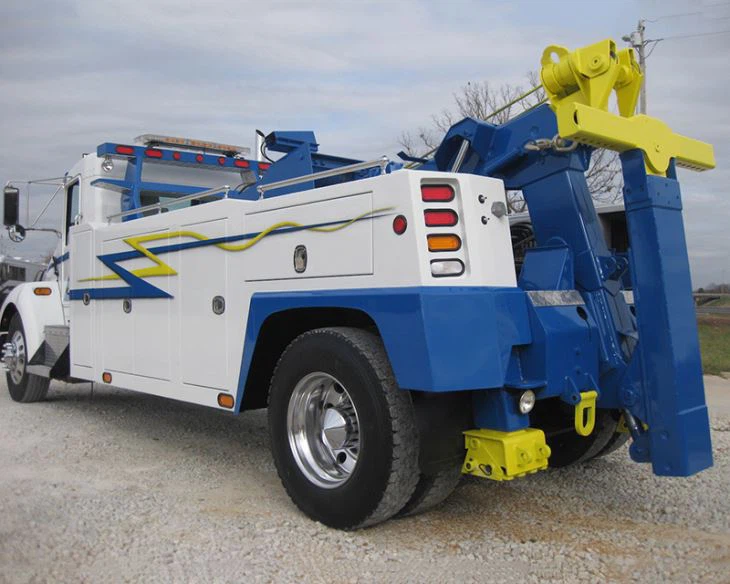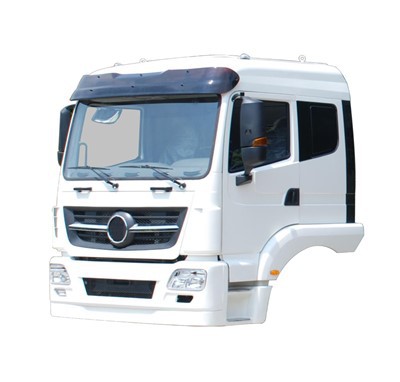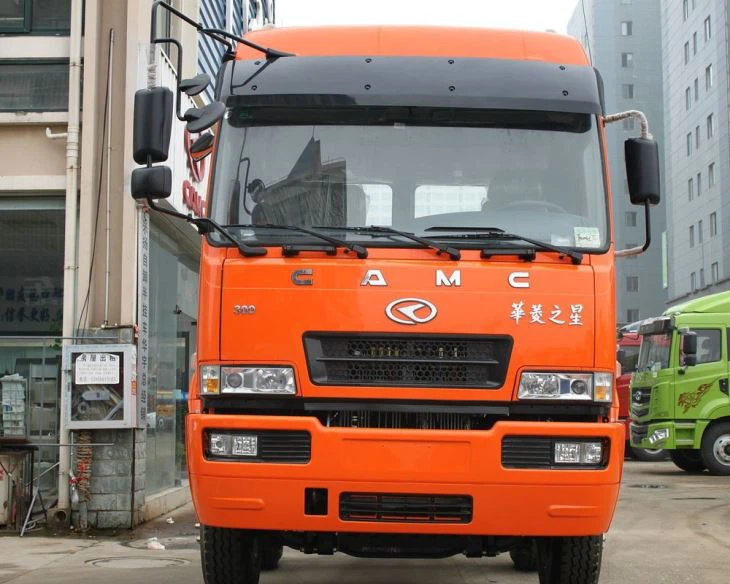Understanding Trash Trucks: An In-Depth Guide

Introduction
Trash trucks play a vital role in maintaining cleanliness and hygiene in our communities. These specially designed vehicles are engineered to efficiently collect, transport, and dispose of waste from residential and commercial areas. In this comprehensive guide, we will explore the various functions, types, and technology of trash trucks, along with practical tips for responsible waste management. Additionally, we will address common questions to facilitate a better understanding of this essential service.
What is a Trash Truck?
A trash truck, sometimes referred to as a garbage truck, is a vehicle equipped to collect and transport waste materials. These trucks come in various shapes and designs, tailored to handle different types of waste including recyclables, organic waste, and general trash. Their primary purpose is to ensure waste is removed from our living environments, thereby contributing to public health and sanitation.

History of Trash Trucks
The concept of waste collection has evolved significantly over the years. Early methods involved using horse-drawn carts, but with urbanization and population growth, the need for more efficient waste management became apparent. In the 20th century, motorized trash trucks were introduced, revolutionizing the way garbage was collected.
How Trash Trucks Work
Trash trucks are designed with several key features to facilitate waste collection:
- Loading Mechanism: Trash trucks often use hydraulic arms or compactors to collect waste from bins or directly from the roadside.
- Compaction: Most modern trash trucks come equipped with compactors that compress the collected waste, maximizing space and reducing the number of trips to disposal sites.
- Storage Capacity: The capacity of trash trucks can vary significantly, typically ranging from 10 to 30 cubic yards, depending on the truck type.
Types of Trash Trucks

Trash trucks can be categorized based on their design and the type of waste they collect. Here are some common types:
Rear Loader Trash Trucks
Rear loaders are the most common type of trash truck. They feature a collection mechanism located at the rear, allowing for easy access for waste collectors. These trucks are ideal for residential areas because they can maneuver comfortably on narrower streets.
Side Loader Trash Trucks
Side loaders are equipped with robotic arms that can pick up waste containers from the side. They are highly efficient and often used for commercial waste collection where large volumes of trash are present.
Front Loader Trash Trucks
Designed for industrial waste, front loaders have hydraulic forks at the front to lift large dumpsters. They are robust and perfect for managing the higher waste volumes typical in commercial settings.
Modern Innovations in Trash Truck Technology
With the rise of technology, the design and functionality of trash trucks have improved significantly. Here are some innovations impacting the waste management industry:
Automated Collection Systems
Automation is becoming increasingly prevalent in waste collection. Automated systems reduce manual labor, minimize safety risks for workers, and optimize collection efficiency.
GPS and Route Optimization
Many trash trucks are now equipped with GPS systems that allow for real-time route optimization. This reduces fuel consumption and maximizes efficiency by minimizing travel distances.
Electric Trash Trucks
As cities strive for sustainability, electric trash trucks are becoming more popular. These vehicles produce less pollution, reduce noise levels, and help meet environmental regulations.
Tips for Proper Waste Management
Proper waste management is crucial for environmental conservation. Here are some practical tips to keep your community clean:
1. Separate Your Waste
Encourage household members to separate recyclables, organic waste, and general trash. This simplifies the waste collection process and promotes recycling.
2. Use Proper Containers
Ensure that you use the right bins for specific types of waste. Label bins clearly to avoid contamination and ensure proper disposal.
3. Reduce and Reuse
Before disposing of items, consider whether they can be repaired or reused. This reduces waste and conserves resources.
4. Educate Others
Engage with your community about the importance of responsible waste management practices. Host workshops or informational sessions to raise awareness.
Challenges in Waste Management
While trash trucks are essential for waste removal, there are challenges in waste management that need to be addressed:
Increased Waste Generation
As populations grow and consumption increases, more waste is generated, putting pressure on waste management systems.
Contamination Issues
Improper sorting of recyclables often leads to contamination, making it difficult for recycling facilities to process materials effectively.
Sustainability Concerns
Environmental impacts from landfill use and emissions from garbage trucks raise sustainability concerns. Communities must find ways to mitigate these effects.
The Future of Trash Trucks and Waste Management
The future of trash trucks and waste management is likely to be shaped by technology, sustainability, and community engagement. Here are trends to watch:
Increased Automation
Automation will continue to streamline waste collection, making it safer and more efficient for workers.
Sustainable Practices
Waste management will increasingly prioritize sustainability, with a stronger emphasis on recycling, composting, and zero waste initiatives.
Smart Waste Management Solutions
Integration of technology such as IoT sensors in trash bins will allow for smarter waste management, optimizing collection schedules and reducing costs.
Conclusion
Trash trucks are crucial for maintaining public health and environmental standards. By understanding their functions, types, and technological advancements, communities can work towards a more efficient and sustainable waste management system.
FAQ
What is the typical lifespan of a trash truck?
The average lifespan of a trash truck is around 10-15 years, depending on usage, maintenance, and vehicle type.
How are trash trucks powered?
Trash trucks are typically powered by diesel engines, although electric and hybrid models are becoming more common in sustainability-driven cities.
Can I request a bulk pickup of trash?
Many municipalities offer bulk pickup services, though policies and requests may vary. Check with your local waste management authority.

What should I do if my trash was not collected?
If your trash was not collected, contact your local waste management service. There may be a scheduling issue or a collection delay.
Are trash trucks safe for the environment?
While traditional trash trucks do emit pollutants, modern innovations, including electric models, are designed to minimize environmental impact.
How often are trash trucks in my area?
Collection schedules vary by municipality. Typically, residential areas receive service once a week, while commercial areas may have more frequent pickups.
